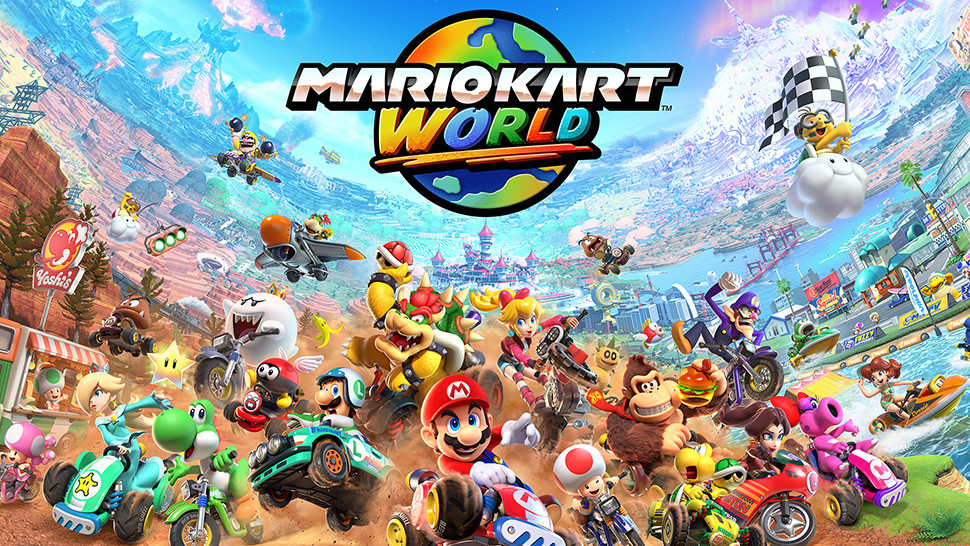Karaoke Review
 By Joan Mitchell | Jan 10, 2013
By Joan Mitchell | Jan 10, 2013
To be fair, I was expecting a more traditional karaoke experience, essentially an adult version of a Disney sing-along-song video: pick a song from the list, follow the prompts while singing, wait for the score – only the Disney videos that accompany each sing-along-song were more enjoyable to watch. The game has noticeable traditional karaoke aspects as well as some gaming aspects to attract gamers, but that's exactly what I felt is the weakest point. Instead of delivering a more integrated game experience, the traditional and "gamified" elements are distinctly separated.
A sticking point I've had with more traditional karaoke programs was how they arbitrarily arrived at your score, with some singers not getting perfect scores to their own songs. This dilemma was well addressed in Rock Band, where the fluctuations of the song were mapped out in a side-scrolling graph with the tiny pointer sensing whether or not you were at the right pitch and the right speed. This interaction is sorely missed and would have enhanced the experience in Karaoke, instead of sticking primarily to the more traditional moving prompt.
My family and I found ourselves a little bored while singing, and we love to sing karaoke. Using the Kinect, at certain parts of a song, the game makes your avatar strike multiple poses that you have to match, while still keeping up with the song. Getting the maximum of five poses meant a higher fan or "moola" bonus. Miss one, because you don't have the space to stick your legs straight out or because the Kinect failed to recognize you, and don't even think about getting a perfect score. Attracting fans during a song will increase your moola bonus, which your manager will automatically spend to purchase new stage equipment.
Leveling up bears no real weight, resulting in no real incentive to do well. Even having your poses influence your score seems a bit of a stretch in a singing game when the Kinect barely detects the player doing a pose. It almost seems that the game was trying to be a jack of two trades – appealing to casual karaoke singers, who only want to sing, and players who actually want to be challenged while singing – mastering none.
Having two playing modes would have been more sensible: a "leisure mode" for those who are only looking to just sing; and a "competitive" or "challenge mode" for more serious gamers and singers who actually want to be challenged. At least then there would be an incentive to sing a song more than once.
By fully separating the two, each mode can be developed into and deliver more (or less) robust experiences that really cater to what each player is looking for. Leveling up would then have more bearing in the challenge mode, where you strive to make yourself better with one song, but then are able to see how you measure up against other singers online. Or, instead of offering two modes, perhaps in addition to the five free songs daily, have 2-3 additional songs tagged as "challenge songs", allowing you to submit your score to an online leaderboard per song, instead of the single leaderboard that tracks fan count.
Simply Put
When it comes down to it, Karaoke is a free app, but some of the glaring issues can't be ignored, such as listing artists that have zero songs and poor Kinect support. The use of Xbox SmartGlass to set playlists is appreciated, but the experience can be buggy, as songs will disappear for no apparent reason. There are definitely a lot of different other potential ideas for taking karaoke to the next level, but for now, in the words of that famous Rolling Stones song, "you can't always get what you want, but you get what you need."
Note: Karaoke was reviewed on Xbox 360. A digital copy of the game was purchased by SelectButton.




